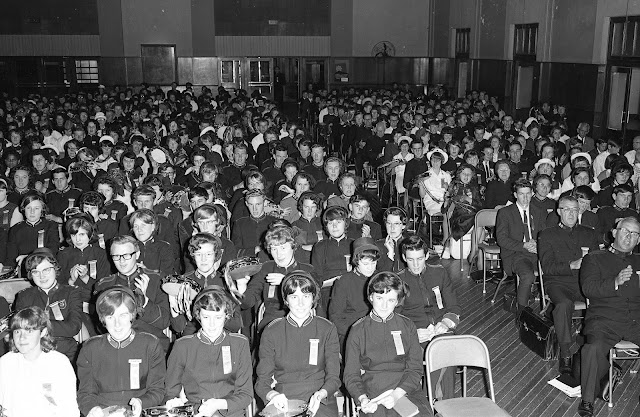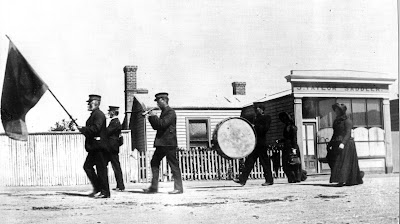
DOES ANYONE REALLY CARE? By David Woodbury Corps Cadet Congress - Sydney - 1972. Perhaps one of the greatest failings of the contemporary church or Salvation Army corps is its inability to effectively care for its people. In the early days of the Army, a ward system operated very effectively which helped to keep the flock together and cared for. In larger corps the operation of sections like corps cadets, band, home league etc. acted as an informal pastoral care group. Over the last half-century or so much has changed in society with the technological revolution changing many of the norms of society. Salvation Army corps have changed and are not as integrated as they once were. Irregular meeting attendances have further fractured any sense of real pastoral care. One of the unfortunate outcomes is that there has been a splintering of the framework that ensured effective care for those within the Christian community. As the fracturing developed, more emphasis was pl...





